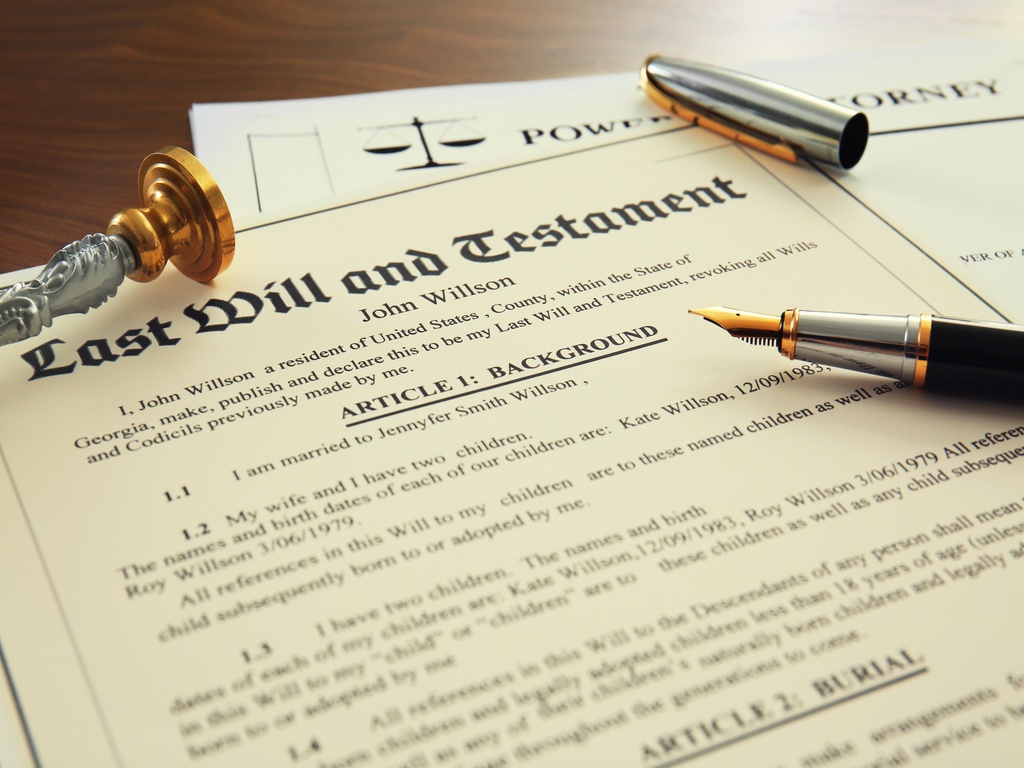The Contesting of a Will

When a loved one passes away with a will, it specifies who receives their property and who will settle the estate (called the executor). Oftentimes, beneficiaries feel slighted by what they receive or do not receive, and some individuals are completely excluded from inheriting anything at all. Contesting a will (or contesting a will) is a legal process that challenges its validity.
Once probate is underway, the named executor will take the necessary steps to complete probate and notify beneficiaries named in the will. This legal notice, typically limits the time when a beneficiary can contest the validity of the will. Generally, a beneficiary (and even a person not named in the will) has thirty to ninety days to bring legal action against the decedent's will.
Know that the vast majority of wills pass through probate without issue. The courts rightly view the will like the author's (testator), last voice. Because the testator can no longer speak to their wishes, the courts try to adhere to the legally filed will stringently. Because of the narrow timeline for filing a will contest and the odds stacked against winning the legal challenge, most challengers will find it a fruitless and costly endeavor.
Under what circumstances would you then want to contest a will? Legally, only a person or entity with "standing" can contest a will. Standing is when the party involved in the will contest will be personally affected by the case's outcome. Most often, this means an heir or beneficiary already named in the decedent's last will or any preceding will. It may also include any person (usually a spouse or child) not named in the will, but because of state intestacy laws would be eligible to inherit in the absence of a will. Typically, four grounds are viable for contesting a will:
- The will's signing lacked the proper legal formalities
- The mental capacity of the decedent to make a will is in question
- Someone leveraging undue influence over the decedent into making or changing a will
- The will's procurement is fraudulent
Certain fact patterns may lead to a successful will contest. As an example, if a testator writes their own will, some legal formalities may be overlooked, rendering the will invalid. In particular, the "do it yourself" method for creating a will may not include all of the "what if" scenarios making the will incomplete. In another example, if the testator is experiencing isolation from family and friends, the primary beneficiary's influence and motives regarding the estate may come into question. If the executor is trying to enforce an outdated will, the newer one should supersede the old one as long as no coercion was involved in writing the most recent version. Finally, some medical evidence may suggest the testator lacked the requisite mental ability to make a will. Occasionally the challenger to an existing will can negotiate a settlement with the estate instead of enduring a court proceeding.
Some wills include a no-contest clause, also called an "in terrorem" clause. This provision states that if anyone files a lawsuit challenging the will's validity, they will receive nothing from the estate. While this may be a powerful deterrent, it may not be allowed in the state where the will is probated.
To protect your will being contested, even if you have limited assets, your best strategy is to have your will professionally drafted by an attorney well versed in estate planning. Using an attorney can help protect you and your estate from future legal challenges while helping you think through who you want to inherit your money and property, and how each person should receive what they inherit.
If you would like to discuss whether a will is appropriate for you or whether you should update an existing will, we would be happy to speak to you at your convenience. For more information and further inquiries about your personal situation, please contact our office at 302.651.0113.
